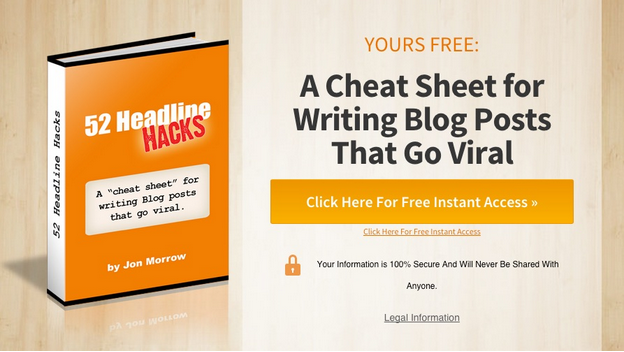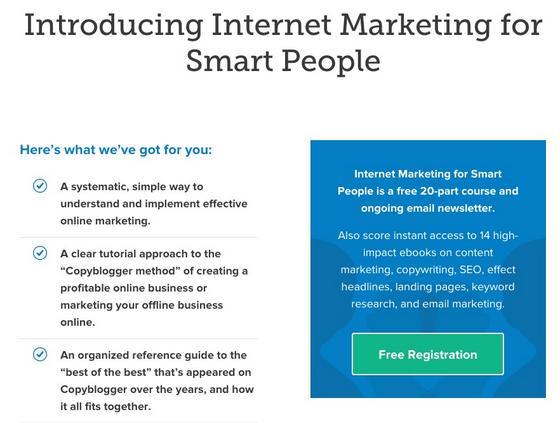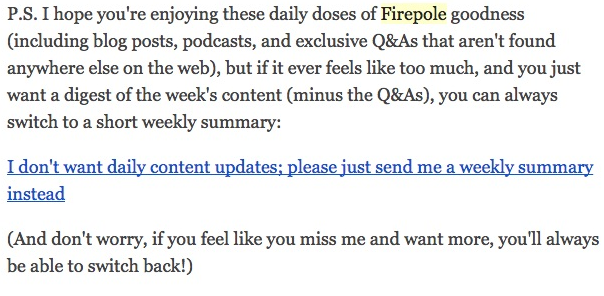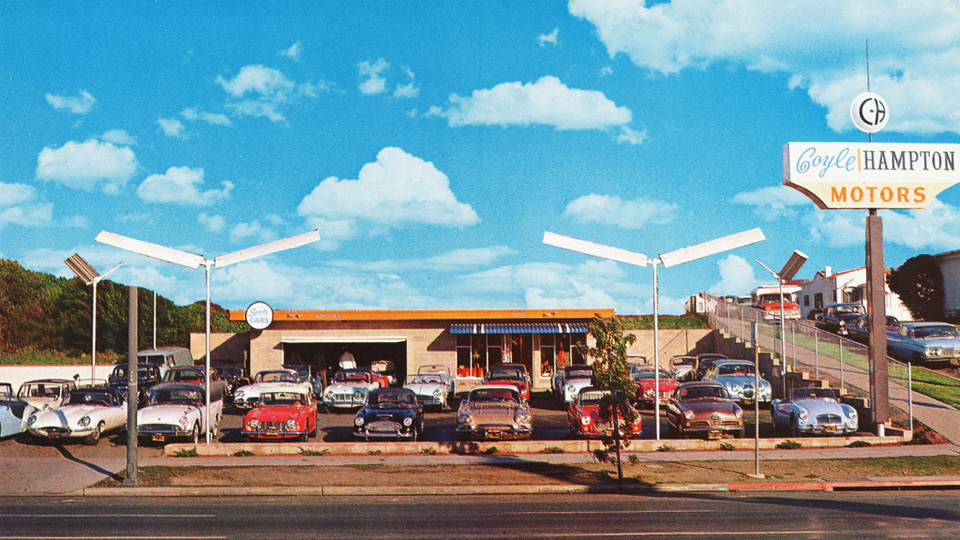7 Oct 2015 • BLOG - News
The #1 Obstacle to Building a Profitable Email List
7 Oct 2015
Have you ever walked into a used car dealership?
It’s kind of an awkward place. There’s a parking lot filled with a bunch of random cars, none of which look all that appealing, and a small office that smells like some combination of cheap cologne and cigarettes.
But the hallmark of the used car lot experience is the salesman himself — usually a guy with a name like Chuck sporting a cheap sports jacket and a moustache (not the cool kind).
The used car salesman is notorious for using the sleaziest sales tactics to try sell you a car on right there on the spot. There’s always a blowout sale. And every car is ‘one-of-a-kind’.
But in fairness, he doesn’t really have a choice.
Chuck gets a commission for every car he sells. He has a sales quota. He has kids to feed. It’s in his best interest to sell you a car, any car — as fast as possible.
Are you treating your email list like a used car lot?
When the used car salesman sees you walking around the lot — all he sees is a commission. If he doesn’t get you into a conversation about ‘numbers’ by the time you leave, you’re probably not coming back.
And that makes sense for a used car salesman. He has to resort to high pressure sales tactics and gimmicky promotions because used car buyers are fickle bargain hunters with no loyalties.
He doesn’t have the luxury of taking his time to build trust.
You’re not a used car salesman.
As an email marketer, you have the opportunity to build relationships with your buyers over time and win their trust. You don’t have to force the sale by trying to convert subscribers into customers as fast as possible.
But what are you doing with that opportunity? Are you building lasting relationships with customers that only get stronger and more valuable over time? Or are you cashing in on those relationships as fast as possible — trading long term growth for a few quick bucks?
How to Build Lasting Customer Relationships — One Email at a Time
Getting someone onto your list is only the beginning. Once they’re there, it’s up to you to build the trust required to convert that subscriber into a customer for life.
Here are 3 tips to maximize the lifetime value of every subscriber:
#1 – Make a compelling promise.
First impressions count. The way you position your new relationship is a good predictor of how valuable the relationship will ultimately become.
Why are they on your list? How are you going to help them? How will their lives change for the better through this new relationship with you?
Remember, giving up an email address is no longer an insignificant gesture. It’s a transaction. And your subscribers are expecting something valuable in return.
Case Study: Boost Blog Traffic

Jon Morrow’s opt-in offer for Boost Blog Traffic is proof that your promise doesn’t have to be complicated. His popular ebook, 52 Headline Hacks, gives subscribers an overwhelming amount of value just seconds after they subscribe.
#2 – Give them a warm welcome.
When a new subscriber joins your list, you’ve earned the permission to build a relationship with them — but there’s still no relationship until you build it.
In the early days, it’s critical that you validate their decision to join your list and set expectations for what they can expect from you going forward.
Remember, subscribers can get off your list just as fast as they got on. They gave you the benefit of the doubt when they joined — but they won’t stick around unless you prove they made the right decision early on.
Case Study: Copyblogger

Copyblogger’s flagship course, Internet Marketing for Smart People, is a 20-part welcome series that delivers a comprehensive crash course on internet marketing. Twenty value-packed emails delivered over the course of a few weeks cements Copyblogger’s authority and gives subscribers little reason to leave.
#3 – Make every communication count.
Believe it or not, not everyone reads your emails.
In most industries, open rates average between 15% and 25% — which means most of your emails are unread by most of your subscribers.
Every time a subscriber opens an email, what they find inside will either positively or negatively impact the probability that they’ll open the next one. And if they’re only reading a small percentage of them to begin with, each email becomes that much more important.
Case Study: Firepole Marketing
Danny Iny and the folks at Firepole Marketing send a LOT of email. In fact, they send on a daily basis. Some people love it, while others just don’t have the time to read that frequently. For the busier folks, Firepole Marketing includes this simple message at the bottom of every email:

Relationships build trust. Trust increases sales.
If your email list is a revolving door of prospects who join and quickly unsubscribe — it’s not much of a list.
Email marketing is ultimately a relationship medium. The more you invest in building trust with your subscribers, the more sales you’ll make.
But that’s easier said than done. Relationship building is hard work that often comes at the expense of short term gains. Most people just don’t have the stomach for it.
That’s why it’s so valuable when you do it.
***
This blog post was written by Ahmad Munawar, a marketer and copywriter who helps brands craft email campaigns that boost engagement and drive revenue. He’s also a Certified Content Marketer with Copyblogger Media. Join his once-a-month newsletter for email marketers at hitsend.co — and say hello on Twitter @aamunawar.
